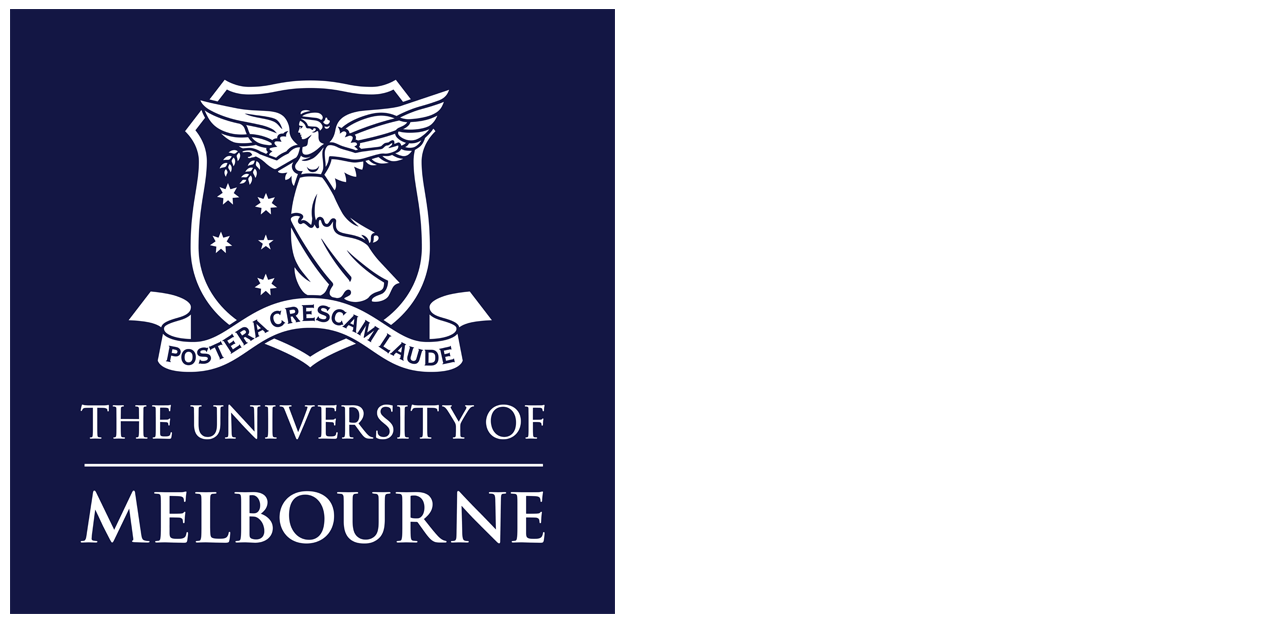

The past few years have seen tremendous advancements in both engineering and interface design that have brought us close to many of the “Holy Grails” of Human-Computer Interface research. We can now interact naturally with digital technologies via conversational interfaces powered by generative artificial intelligence, or immerse ourselves in increasingly realistic virtual environments in the metaverse. Yet, as these new interactions have energized an entirely new ecosystem of applications, services, and tech, their design often overlooks many traditionally-underrepresented user populations. Among these, older adults are the single largest demographic group that is “left behind” by these digital breakthroughs. At best, they are reduced to clichés about limited cognitive or physical abilities. At worst, the age biases that are embedded in our design processes lead to the digital marginalization of older adults – not only their exclusion from the app, service, or tech offered in a digital format, but often also from their analog equivalent which is either phased out, or non-existent in the case of digitally-native products.
From a socio-cultural perspective, this is partly rooted in a techno-solutionist approach to designing products aimed at both the general consumer market and specifically at older adults, where the products are designed as an intervention aimed at solving age-related problems or ailments. From a design methodology perspective, we often fall short of fully empowering older adults through the technology we create.
In this talk, A/Prof. Cosmin Munteanu will discuss several of our recent projects and studies which uncovered barriers to meaningfully design technology for and with older adults: mental models with respect to technology use and non-use; behaviours and attitudes related to critical decision making; privacy concerns; and most importantly, the need to maintain agency. He will then argue for new methodological approaches that empower older users and put them in the lead for designing novel interactive technologies that assist with reducing their digital marginalization, particularly across applications that implement new interaction paradigms such as conversational voice interfaces or virtual reality. This argument will be supported through discussing a case study of older adults as content creators in the metaverse.
Presenters
A/Prof. Cosmin Munteanu
Schlegel Research Chair in Technology for Healthy Aging with the Department of Systems Design Engineering at the University of Waterloo
Cosmin Munteanu is the Schlegel Research Chair in Technology for Healthy Aging with the Department of Systems Design Engineering at the University of Waterloo. He has dedicated more than two decades to research on facilitating natural, meaningful, and safe interactions between people and digital media and devices. Cosmin’s interests include designing intelligent applications that improve access to information, support learning late in life, and reduce digital marginalization, such as for older adults whose enjoyment of life and participation in society could be better supported by advances in interactive assistive technologies such as voice, conversational, or virtual reality interfaces. For this, he draws from a wide range of disciplines such as computing sciences, engineering, critical theory, and technology and society studies.